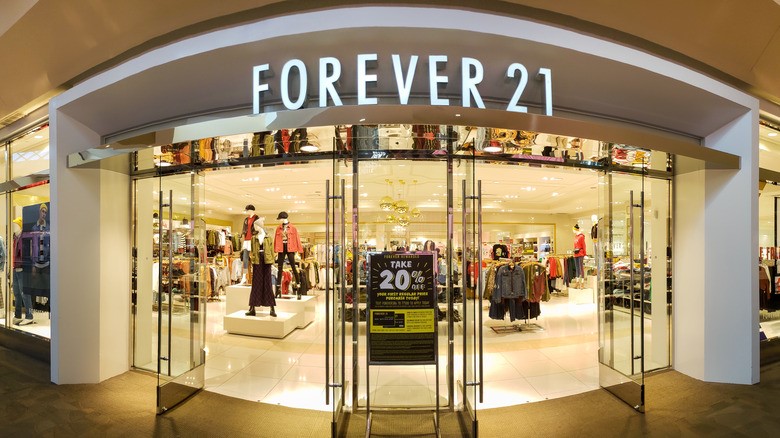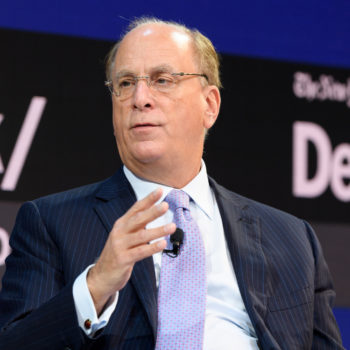|
|
In an era where consumer consciousness is increasingly shifting towards ethical and sustainable practices, there’s growing scrutiny on the fashion industry, one of the world’s biggest polluters. Brands that have long enjoyed unmitigated success are finding themselves under a microscope, scrutinized for their production processes, labor practices, and environmental footprint. One such brand is Forever 21, a global giant in the fast-fashion industry.
Forever 21’s ethics is an issue that has sparked intense debates among consumers and critics alike. The brand, renowned for its trendy and affordable clothing, has been caught in controversies ranging from alleged sweatshop labor to copyright infringement. The question that lingers is: just how ethical is Forever 21?
In this article, we explore the ethical standing of Forever 21, dissecting its supply chain management, labor practices, environmental impact, and corporate social responsibility efforts. We also delve into the brand’s response to these issues and examine if it aligns with the values of today’s conscious consumer.
So if you’ve ever found yourself wondering about the ethics behind those trendy pieces on the rack, read on for more details.
Key Takeaways
- Forever 21’s fast-fashion model promotes overconsumption and waste, contributing to environmental and ethical concerns.
- Allegations of unethical labor practices and sweatshop use cast a shadow on Forever 21’s ethical standing.
- Forever 21’s operations significantly impact the environment through water pollution, high carbon emissions, and waste generation.
- The brand’s reputation is tainted by multiple lawsuits accusing it of copyright infringement, undermining respect for intellectual property.
- Despite some sustainability initiatives, Forever 21’s efforts fall short, making it a questionable choice for ethical consumers.
Forever 21’s Business Model
Forever 21 has long been celebrated as a go-to destination for fashion enthusiasts seeking trendy pieces at affordable prices. The company’s business model revolves around the fast-fashion concept, characterized by rapid production cycles and frequent inventory turnover. This approach enables Forever 21 to promptly respond to emerging fashion trends, but it also raises several ethical concerns.
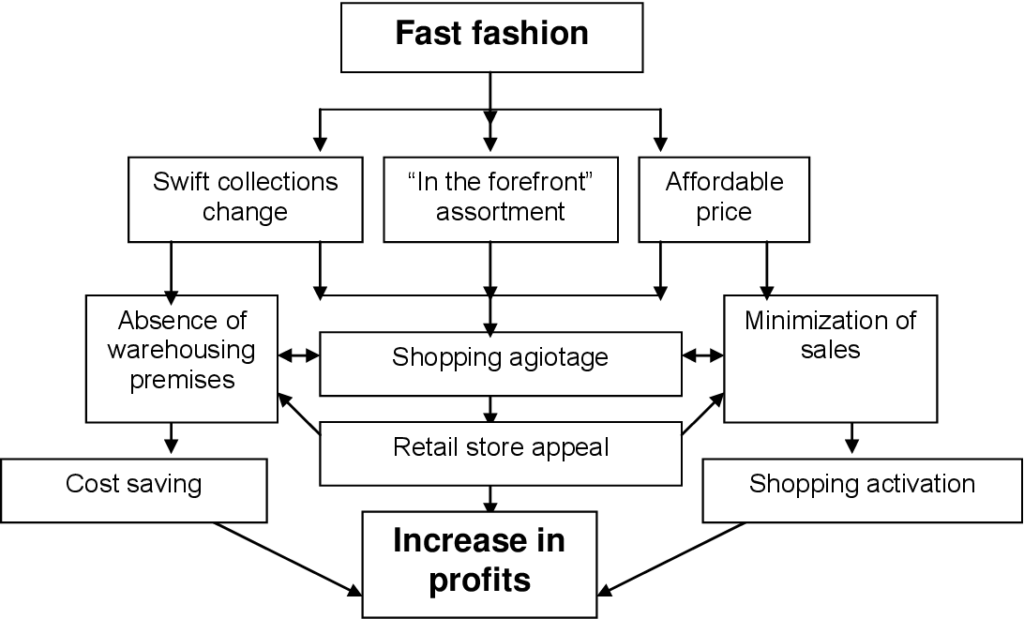
The fast-fashion model is inherently unsustainable. It promotes overconsumption and disposable culture, leading to significant waste generation. Moreover, rapid production often involves cutting corners in terms of labor conditions and environmental standards, contributing to the unethical practices associated with Forever 21.
Labor Practices: Controversies and Allegations
Forever 21 has faced numerous allegations of unethical labor practices over the years. These allegations range from employing underpaid workers in sweatshops to fostering unsafe work environments.
In 2001, a lawsuit was filed against the company, accusing it of violating U.S. labor laws by paying less than minimum wage and forcing employees to work beyond legal working hours without overtime pay.
The brand has also been associated with overseas sweatshops where conditions are purportedly even worse. Reports suggest that many of these factories do not comply with basic worker safety standards. In addition to poor working conditions, there have also been claims of child labor, which casts a significant shadow on the ethical standing of Forever 21.
Despite these allegations, Forever 21 continues to maintain that they are committed to fair labor practices. They assert that all their products are manufactured in facilities that adhere strictly to local laws and regulations. However, the frequency and consistency of these allegations cast doubt on the credibility of the brand’s assurances.
The controversy surrounding Forever 21’s labor ethics is not just about the alleged exploitation of workers. It also raises questions about the consumer’s responsibility in choosing where to spend their money.
As awareness grows about unethical labor practices in the fashion industry, consumers are increasingly expected to make informed decisions about their purchases. So while Forever 21 may offer trendy clothing at affordable prices, it’s worth considering the true cost behind those cheap price tags.
Environmental Impact: Assessing the Damage
Forever 21’s environmental impact is a critical aspect of its ethical profile, and unfortunately, the data paints a dismal picture.
As mentioned above, the brand operates within the fast-fashion industry, which is notorious for its significant environmental toll. This model, characterized by rapid production cycles and frequent inventory turnover, inevitably leads to substantial waste generation.
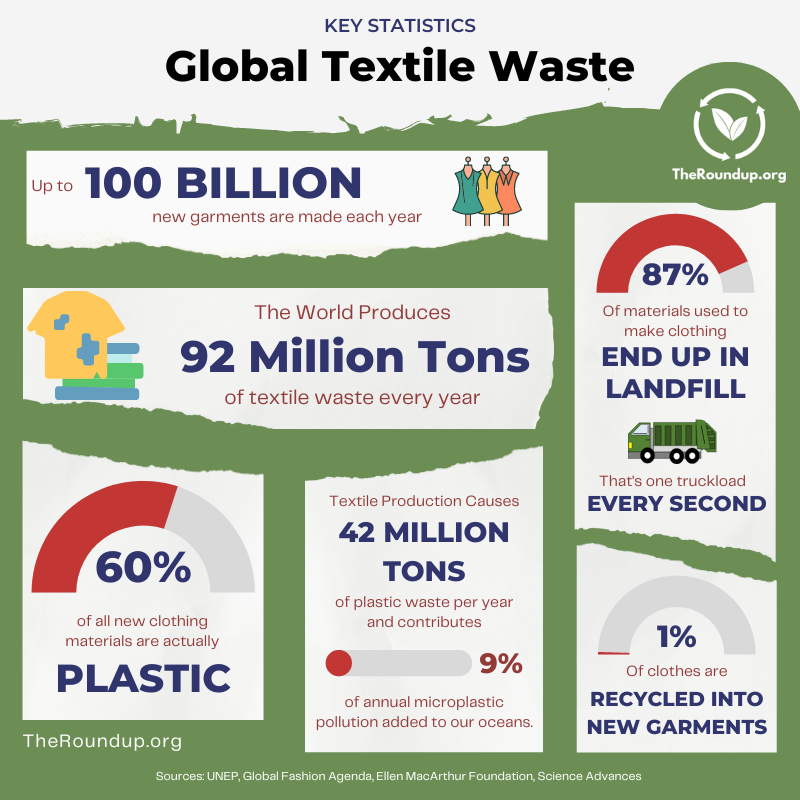
One major issue is water pollution. The dyeing processes in textile manufacturing often involve dangerous chemicals that can end up in rivers and oceans if not properly managed. Furthermore, cotton cultivation, one of the primary materials in Forever 21’s products, requires enormous amounts of water and often involves harmful pesticides that can pollute local ecosystems.
Another critical concern is carbon emissions. From the transportation of raw materials and finished products to energy-intensive manufacturing processes, the carbon footprint of a single garment can be surprisingly high. Fast fashion brands like Forever 21 contribute greatly to global greenhouse gas emissions due to their high-volume production and short product lifecycle.
Water usage is yet another significant concern associated with Forever 21’s operations. The fashion industry is notoriously water-intensive, and Forever 21, with its fast-fashion model, is no exception.
Furthermore, the brand’s extensive use of synthetic materials like polyester poses additional challenges. These materials are petroleum-based and require significant amounts of water for cooling during their manufacturing process.
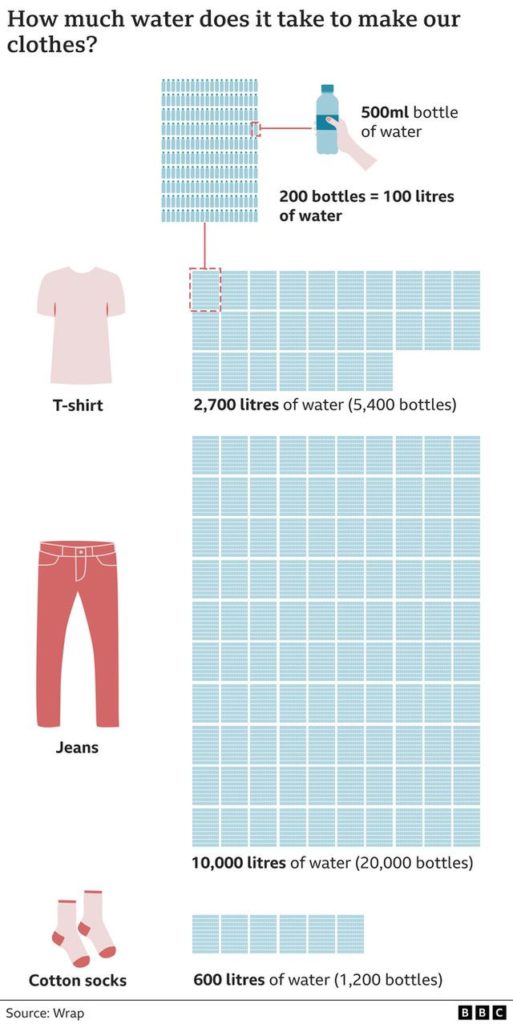
Lastly, the issue of waste cannot be ignored. The fast-fashion model encourages consumers to constantly update their wardrobes, leading to millions of garments being discarded every year. Most of these end up in landfills or are incinerated, both processes having significant environmental consequences.
Legal Battles: Copyright Infringement Accusations
Over the years, Forever 21’s reputation has been further marred by a series of legal battles involving accusations of copyright infringement. The brand has faced numerous lawsuits from designers and other fashion houses alleging that it copied their designs without permission.
From luxury brands like Gucci and Adidas to smaller independent designers, many have accused Forever 21 of replicating their designs and selling them at a fraction of the price.
One notable case involved Portland-based fashion retailer, Wildfang, which accused Forever 21 of stealing its signature “Wild Feminist” T-shirt design. In another instance, Puma sued the brand for allegedly copying three shoe designs from Rihanna’s Fenty x Puma line. These cases highlight Forever 21’s alleged unethical behavior in terms of intellectual property rights.
Still, it’s essential to note that, despite the similarities in design, a California court has refused to stop Forever21 from selling the alleged knockoffs.
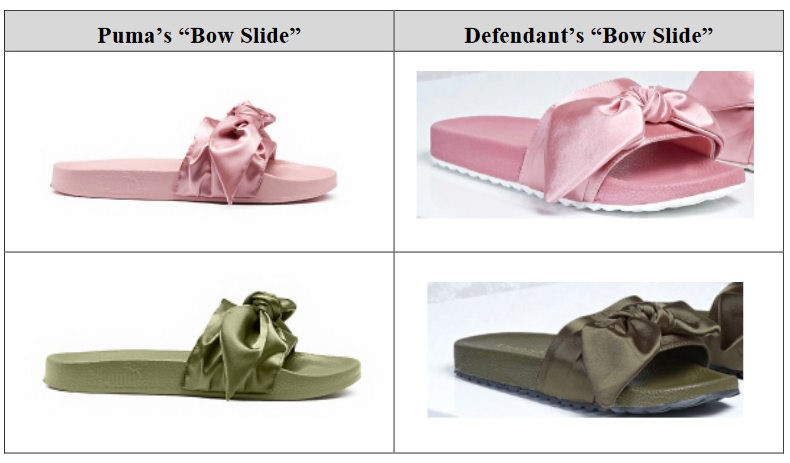
These repeated infringements not only tarnish the brand’s reputation but also raise questions about its commitment to innovation and originality. If creativity forms the bedrock of fashion, then respect for original designs and intellectual property rights becomes essential. By allegedly copying designs, Forever 21 undermines the hard work, creativity, and innovation of original designers.
Furthermore, this practice can potentially stifle innovation in the industry as a whole. When original designs are copied and sold at lower prices, it disincentivizes designers from creating unique pieces.
Forever 21’s numerous legal battles over copyright infringement cast a significant shadow over its ethical standing. It underscores the importance of respect for intellectual property rights within the fashion industry and raises questions about the brand’s commitment to fairness and creativity.
The Brand’s Response to Ethical Concerns & Bankruptcy
Forever 21’s response to the barrage of ethical concerns leveled against it has been a mixed bag. On one hand, the company has taken steps to improve its image by launching a handful of sustainability initiatives. For instance, it introduced a recycling program in 2016 and announced plans to use more sustainable fabrics in its products.
On the other hand, critics argue that these actions are too little, too late, and lack the depth needed to address the root cause of the problem. They point out that real change requires a transformation of Forever 21’s business model – moving away from fast fashion towards a more sustainable and ethical approach. However, the brand seems reluctant to make such sweeping changes.
Adding to Forever 21’s troubles is its relatively recent bankruptcy filing. In September 2019, the company filed for Chapter 11 bankruptcy protection and announced plans to close most of its international locations. The bankruptcy was attributed to several factors, including decreased mall traffic, competition from online retailers, and the increasingly conscious consumer turning away from fast-fashion brands due to their environmental impact.
However, in early 2020, Forever 21 was purchased out of bankruptcy by a consortium of companies: Authentic Brands Group, Simon Property Group, and Brookfield Property Partners. In October 2022, after a period of heavily leaning on e-commerce, the company announced 14 new stores across the country in an attempt to reinvent itself.
The bankruptcy could have potentially served as a wake-up call for Forever 21. It presents an opportunity for the brand to reassess its business practices and align them with the evolving expectations of consumers who are growing more conscious about the ethics of their purchases. As it stands, however, it remains to be seen whether Forever 21 will seize this opportunity to reinvent itself as an ethically and environmentally responsible brand.
Final Thoughts: Avoid
Examining Forever 21’s ethical practices, it’s clear that the brand falls short in several key areas. From allegations of labor rights violations to the significant environmental impact of its fast-fashion model, Forever 21 has numerous issues to address.
While the company has made some attempts at change, these efforts appear insufficient and superficial, given the scale and gravity of the problems.
Adding to these woes is the brand’s bankruptcy filing, which underscores the challenges facing companies that fail to adapt to changing consumer expectations around ethics and sustainability. While this situation presents an opportunity for Forever 21 to overhaul its practices, it remains to be seen whether substantial improvements will be made.
In light of these factors, it’s difficult to recommend Forever 21 as an ethical choice for conscious consumers. Until there are tangible changes in the company’s business practices that address the core ethical concerns, it might be best for those committed to ethical consumption to avoid this brand.
